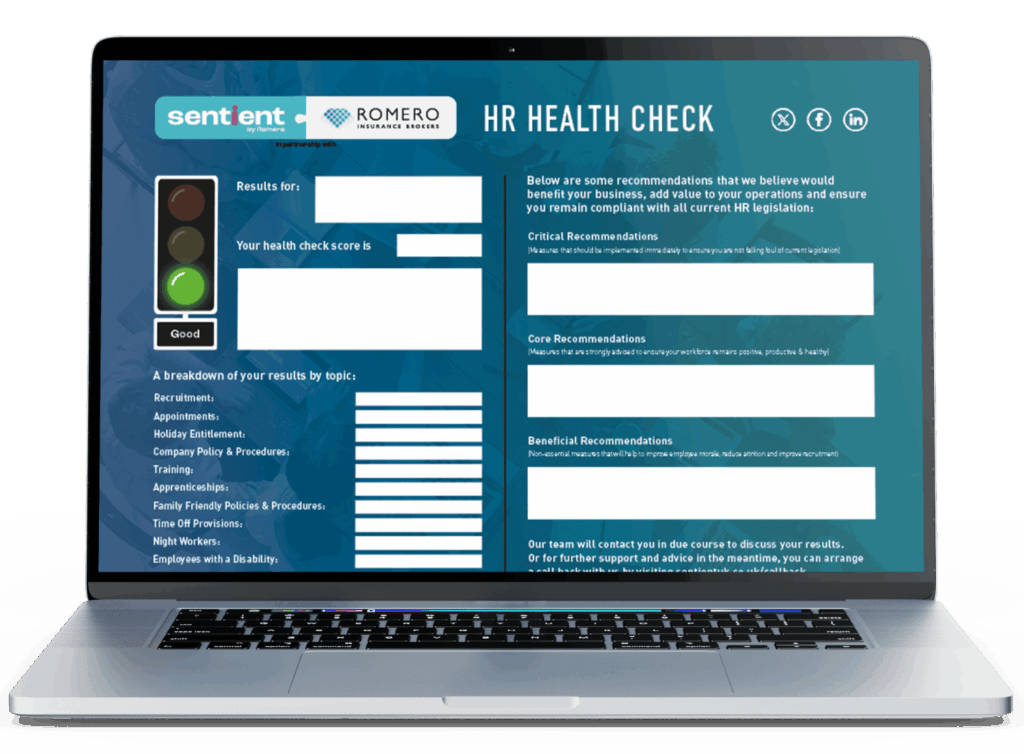Statutory Sick Pay Changes – This is 5th of 9 amendments made by the 2025 Employment Rights Bill
How the Employment Rights Bill impacts Statutory Sick Pay
The Employment Rights Bill has received a list of recent amendments. From zero hour contracts to confidentiality clauses, many aspects of employment and payment conditions are expected to change. Employers need to fully understand the regulatory changes to their obligations to members of staff, and as to not breach employment law.
One important change employers need to grasp is the alteration to Statutory Sick Pay (SSP). Day one employees and lower earners will see improved support. The amendments will also introduce a rebate scheme for the reimbursement of SSP costs for some companies.
The changes to SSP will affect over 1 million people in the UK, as well as very many companies. Amendments are part of the government’s Make Work Pay promise, hoping to spur economic growth and give more money to working people.
What is the current law around SSP?
At the time of writing, SSP is payable from the fourth day of a sickness absence. Employees need to earn above the Lower Earning Limit, which is now £125 per week.
What are the changes to Statutory Sick Pay?
SSP now starts from Day 1
The amendment does away with with the three-day waiting period. So instead of employees waiting until the fourth day of an illness or injury before they receive sick pay, they now are eligible from their first full day of sickness.
A removal of the Lower Earning Limit
No longer will low paid and part time workers be exempt from receiving sick pay. The current minimum pay of £123 per week will be scrapped.
A right for every worker
The key change is that every worker now has the right to SSP. Every employee, no matter how many hours they work, will qualify, with payments calculated to 80% of their wage, but upto a cap of £118.75 per week.
A new body established
The Fair Work Agency is a newly established single enforcement body which monitors the inclusion of statutory sick pay, as well as the disputes process.
An example scenario of how the changes to SSP will affect employees
David, a part-time staff member, has been omitted to hospital with a serious illness. He is expected to be unable to work for three weeks. David is paid less than £123 per week for his work.
Currently, David is not eligible for statutory sick pay as he is paid lower than the Lower Earning Limit. If David was paid above the limit, any payments would start at the fourth day.
After the changes, David will need to be paid 80% of his earnings as sick pay, and payments would be calculated from the first day of his absence. To qualify for SSP, David must have done work for the business as an employee.
How will the SSP law change affect employers?
The law change aims to improve fairness and the overall total welfare of employees. More people will now be eligible for SSP, benefiting low-income and part-time workers. This is expected to improve employee productivity and reduce people coming into work while sick, spreading illness.
For the Government’s explanation on the legal framework of the new SSP policy, see here : Statutory Sick Pay
For the impact assessment of SSP changes by the government, see here : Impact assessment: Improve access Statutory Sick Pay removing Lower Earnings Limit and waiting period
Learn more about Employment Law
There are 9 key areas of Employment Law that have been affected by the 2025 Employment Rights Bill.
Each of these areas are critical and will need to be addressed by employers. Employers need to understand their obligations and be careful not to unduly act in any way which could be observed as discriminatory. Employers will need to update their documentation and contracts that directly relate to the changes
To read more about your lawful obligations, Romero Insurance have refined and condensed the Government’s published information into a helpful whitepaper document. The Employment Law Whitepaper by Romero Insurance layout what employers and business leaders need to know about employment law.
Let us review your Employment Risk and Documentation

Contact us to take the HR health check. A HR health check will review your processes and documentation, and provide tailored guidance. The Health Check is conducted by our partners at Sentient, who are a HR outsourcing service and health and safety experts.
Our partners at Sentient will come back to you within 5 working days with a detailed overview of how you can improve your HR function and support your team. This free health check will grade your current practices with a traffic light system, showing the robustness of your HR procedures. Sentient is available for any business of any size who want to update their policies and procedures in time for Employment Law regulation changes

